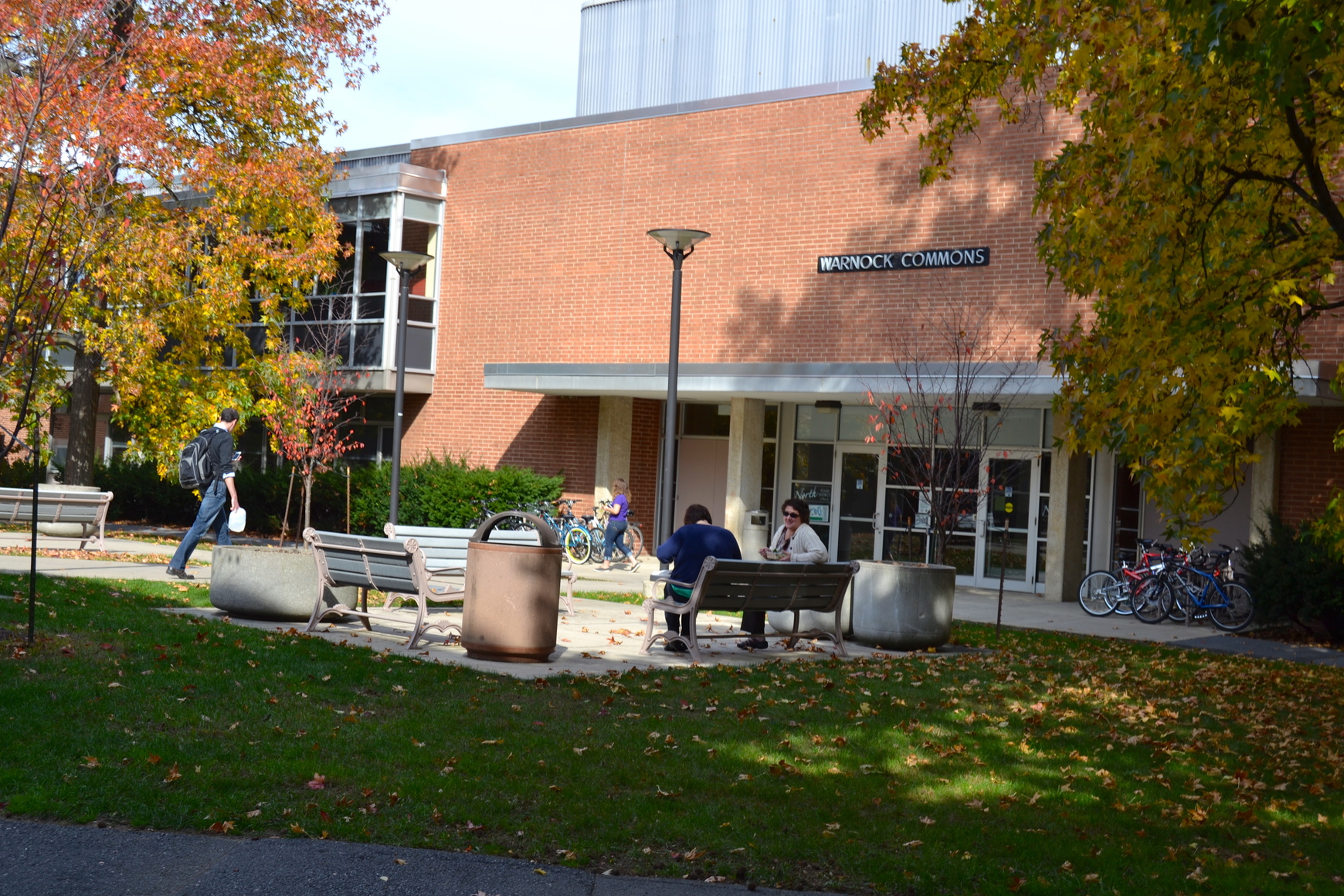Penn State Emphasizes Hazing Consequences, Illegality Amid Pledging Period

As students begin to receive bids from fraternities and sororities, Penn State took the time to define hazing, remind students of the consequences of participating in hazing, and ultimately promote safety.
Hazing, according to Penn State, is “any action or situation that recklessly or intentionally endangers the mental or physical health or safety of a student or that willfully destroys or removes public or private property for the purpose of initiation or admission into or affiliation with, or as a condition for continued membership in, any registered student organization.”
Consequences of hazing include warnings, probation, fines, loss of privileges, loss of recognition, suspension, and expulsion, among others, according to the university’s Anti-Hazing Policy. Similarly, individuals and organizations are bound under the state of Pennsylvania’s Timothy J. Piazza Anti-Hazing Law, which can lead to criminal prosecution or the forfeiture of property if violated.
The Piazza Anti-Hazing Law differs from university anti-hazing laws because of its stricter punishments for violations and prosecution of both the individual and the organization involved in the hazing. It does, however, offer amnesty to those seeking medical assistance for themselves or others in the event of hazing or underage consumption.
The law, named after Penn State student Timothy Piazza, was created following Piazza’s 2017 death as a result of hazing at Penn State’s Beta Theta Pi fraternity. The fraternity is now permanently banned from operating at Penn State.
Hazing can be reported to the Penn State Hotline or anonymously here. More information about hazing prevention is available through the Office of Fraternity and Sorority Life.
Your ad blocker is on.
Please choose an option below.
Purchase a Subscription!




